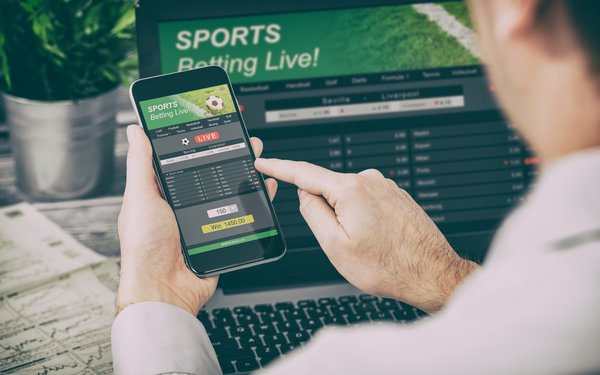Username
Password
Forgot your password?
Subscribe today to gain access to every Research Intelligencer article we publish as well as the exclusive daily newsletter, full access to The MediaPost Cases, first-look research and daily insights from Joe Mandese, Editor in Chief.
If you’re already a paid subscriber, please sign-in.
Forgot?
Log in if you are already a member
Forgot?
Apple, Meta and Google may have to face lawsuits alleging they distribute and profit from “addictive” gambling apps, a federal judge said late last week.
U.S. District Court Judge Edward Davila in the Northern District of California on Friday rejected the companies’ arguments that Section 230 of the Communications Decency Act protects them from liability.
But Davila also said “reasonable minds could differ” about the interpretation of Section 230, and sent the matter to the 9th Circuit Court of Appeals — essentially giving the appellate judges the opportunity to immediately weigh in on the case.
“This case presents exceptional circumstances that are sufficient to justify an interlocutory appeal,” Davila said, referring to an appeal before the case goes to trial. “While the court believes it has followed the Ninth Circuit’s precedent on this complicated question, the court finds that reasonable minds could differ as to the outcome of this case.”
advertisement
advertisement
The ruling comes in a battle dating to October of 2020, when gamers in various states first sued tech companies for allegedly promoting illegal gambling by distributing gaming apps, and allowing users to make in-app purchases of currency used in the games, and garnering a portion of revenue.
Google, Apple and Facebook urged Davila to dismiss the matter before trial, arguing that Section 230 immunizes them from distributing content created by other businesses.
The tech companies also specifically argued that allegations about revenue sharing don’t strip them of the protection of Section 230.
“There is no ‘for-profit exception to Section 230’s broad grant of immunity,’” Google wrote in its motion, quoting from a prior court decision.
Facebook added that Section 230 previously protected Google from a lawsuit over pay-per-click search ads, created through its platform, that directed people to a fraudulent site.
But Davila said in his ruling that Section 230 didn’t protect the tech companies from claims stemming from alleged revenue sharing between themselves and apps.
The lawsuits aim to hold platforms liable for the “processing of unlawful transactions for unlawful gambling,” he wrote.
“Accordingly, the requested relief is grounded in the platforms’ own bad acts, not in the content of the social casino apps that the platforms display on their websites,” Davila added.
Davila noted that the 9th Circuit said last year that Section 230 wouldn’t apply to claims stemming from an alleged revenue-sharing arrangement between Google and the terrorist group ISIS.
The judge added that an immediate appeal to that court “would ensure that resources are not wasted on needless litigation and expenses.”
He also stayed all proceedings at the district court until the 9th Circuit says whether it will immediately hear the case.
advertisement

